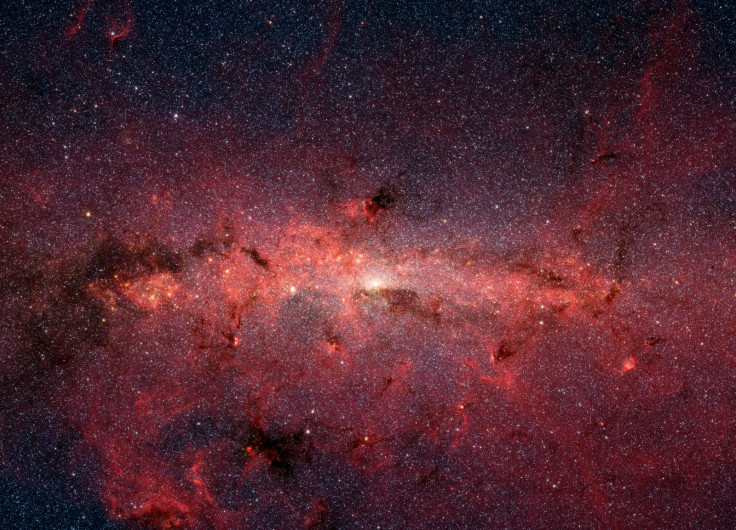Is our galaxy a galactic outlier? The Milky Way may not be as 'typical' as we thought
Many models for understanding the universe rely on galaxies behaving in a similar fashion to the Milky Way.
The Milky Way, home to our Solar System and the Earth, is the most studied galaxy in the Universe, but it might not be as 'typical' as previously thought, according to new research.
Our galaxy is orbited by several smaller satellite galaxies that have proven useful objects of study for astronomers, helping them to understand the workings of the Milky Way itself.
However, early results from the Satellites Around Galactic Analogs (SAGA) Survey suggest that the Milky Way's satellites are unusually tranquil and inert when compared to other comparable galaxy systems, whose satellites actively pump out new stars.
This is significant, the researchers say, because most models we have for understanding the wider universe rely on galaxies behaving in a similar fashion to the Milky Way.
"We use the Milky Way and its surroundings to study absolutely everything," said Marla Geha, lead author of the paper, from Yale University. "Hundreds of studies come out every year about dark matter, cosmology, star formation, and galaxy formation, using the Milky Way as a guide. But it's possible that the Milky Way is an outlier."
Though the SAGA team say they need to collect much more data though to confirm that the Milky Way is indeed atypical, their work is already causing debate.
The goal of the SAGA survey is to identify and analyse 100 so-called 'sibling' galaxy systems, which resemble the Milky Way and its network of orbiting satellite galaxies.
"Our work puts the Milky Way into a broader context," said Risa Wechsler, a SAGA researcher from Stanford University. "The SAGA Survey will provide a critical new understanding of galaxy formation and of the nature of dark matter."
"I really want to know the answer to whether the Milky Way is unique, or totally normal," Geha said. "By studying our siblings, we learn more about ourselves."

© Copyright IBTimes 2025. All rights reserved.





















